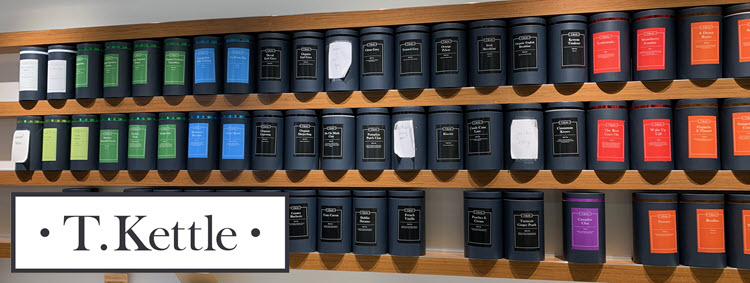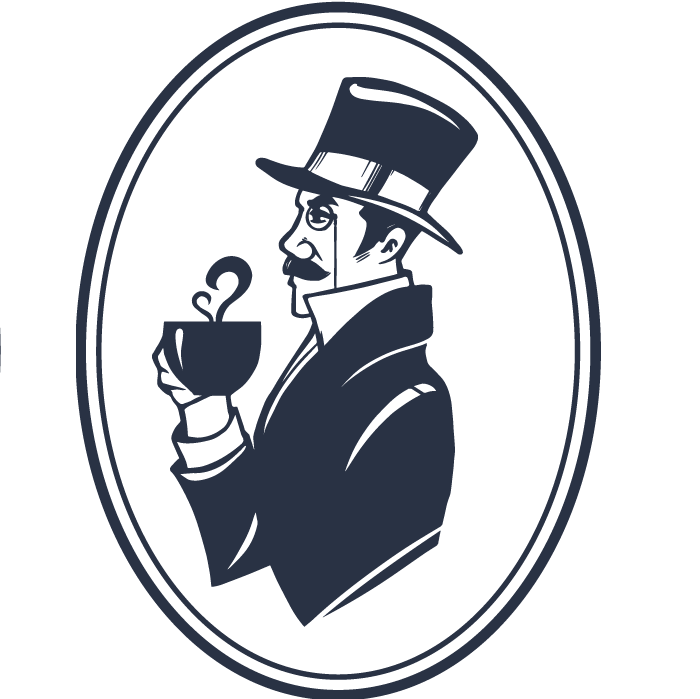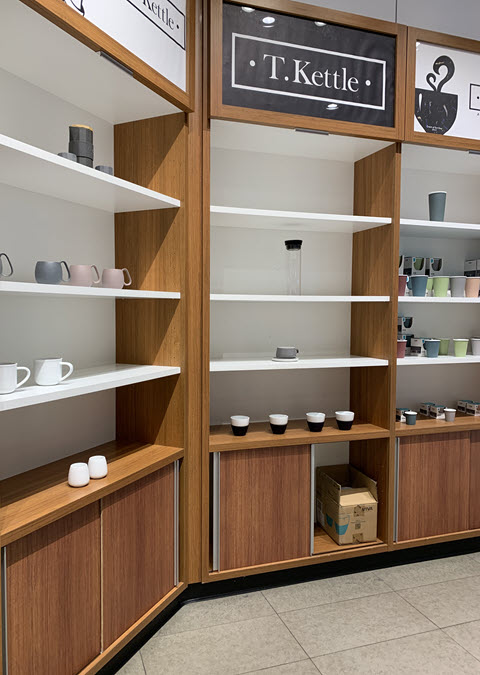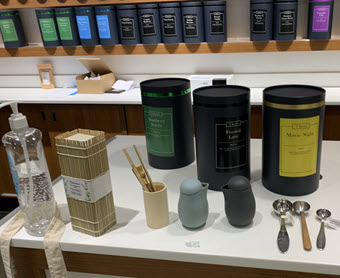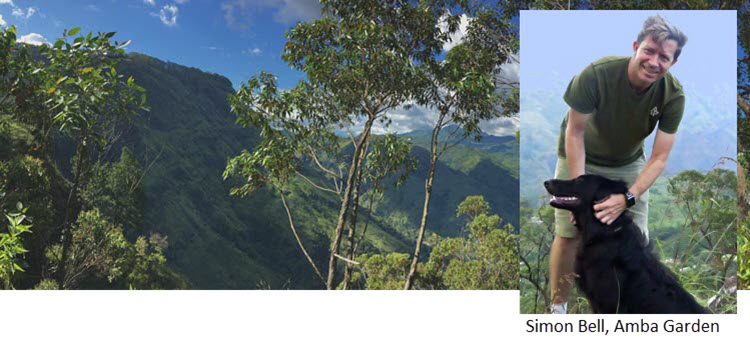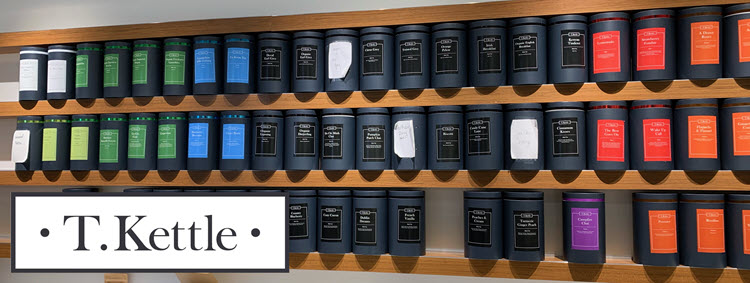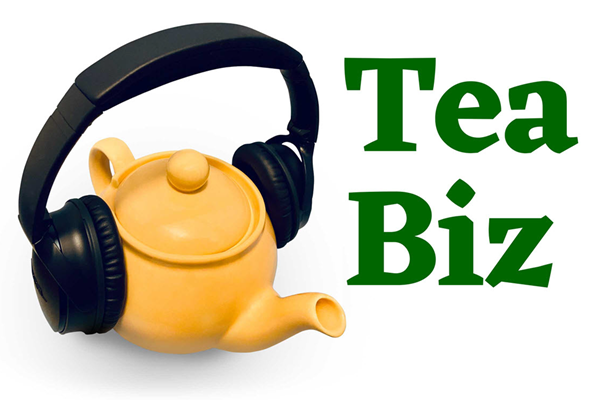
Listen to the Tea Biz Podcast for the week of February 26
Hear the Headlines

| Retail Sales Thawed in January
| Restaurant Reticence Persists
| Kenya’s Tea Export Earnings Surged in 2020
| Assam Increases Daily Wages by 30 Percent for Tea Workers.
Features
India’s tea industry has for long been about two types of tea, CTC and Orthodox. But in recent years, the industry saw the emergence of the specialty tea segment, which includes new tea types, and handmade and artisanal teas, and also wild and indigenous teas. Tea Biz India correspondent Aravinda Anantharaman talked this week with Parag Hatibarua, who works closely with these teas and their makers.
Hatibarua says that higher value teas are not easy to make. “It takes a lot of love, a lot of dedication, a lot of experimentation,” he says. His advice to growers: “You’ve got to first learn the art of making these teas with love and then move slightly more mass market,”

Collaborative Training Program Taps Industry Expertise
By Dan Bolton
The tea industry lacks a good, consistent, authoritative, recognized educational program that offers a universally acknowledged certification, says David Veal, executive director of the European Speciality Tea Association.
Tea Biz asked Veal to explain what makes the association’s new training program unique?
“The aspiration of our program is that not only knowledge and skills, but professionalism and passion will be stimulated by those participating in the program, and that the overall results will be an ability and desire to buy, brew, serve and promote better quality tea, and in so doing, educate consumers and encourage them to experiment with new and different teas,” says Veal.
Tea Biz: You explained that the program is collaborative, drawing on broad industry support.
Veal: Collaboration is one of the fundamental values of the association, so this collaboration is being delivered in two ways, firstly, by working with a wide number of industry professionals using their skills, knowledge, and experience to create the curriculum for the various modules, and secondly, by delivering these modules and the resultant certification in partnership with existing high-quality individual tea educators and trainers and existing successful schools and academies.

Students developing their knowledge and skills will be able to add European Specialty Tea Association certification to their CVs and, therefore, enhance their career progression. Conversely, those recruiting and promoting within the industry will demand the European Specialty Tea Association certification from their staff. And indeed, sponsor their staff to become certified in the relevant disciplines. – David Veal
“Of course, this will only work if the quality of the content and the delivery of the modules is consistently high and relevant, and we’re absolutely certain that this model, based on working with industry leaders will be successful,” he says.
Register here if you are interested in becoming an ESTA Authorized Tea Certifier or if you would like to register for the introduction to tea module.
Classes begin in March. Learn more…
News you Need to Know
Retail Sales Thawed in January
Strong January sales signal a retail thaw in the US despite high unemployment and COVID lockdowns. Retail sales grew by 5% in January, the strongest performance since June, according to the US Census Bureau which found 88% of those receiving federal stimulus checks immediately spent the money. Construction and manufacturing workers are returning to job sites as the vaccine rollout gains momentum. Rates of infection and hospitalizations are down 72% from the January peak.
Biz Insight – Congress is debating an additional $1,400 payout that will boost sales through the spring and summer. Economists at Bank of America predict “stellar” growth but the Federal Reserve cautions that the recovery is “uneven and incomplete” with hospitality and entertainment experiencing the slowest return to normal.

Restaurant Reticence Persists
In the US the National Restaurant Association reports that 83% of American adults say they are not eating in a restaurant as often as they’d like. Market research firm Datassential has routinely surveyed consumers on behalf of restaurant owners since March 2020. Last week 43 percent of consumers said they still “definitely avoid” eating out. …Fear of visiting restaurants peaked in April at 68 percent.
Asked whether their greatest concern is public-health or the economic crisis — 54 percent said they are more concerned about public-health, but that’s down from 61 percent in January.
Starbucks, a proxy for the retail beverage segment, reported same-store sales were down 5 percent in the latest quarter, an improvement over the 9 percent decline in same store sales last fall. Starbucks locations in China turned positive for the first time since the pandemic began. NRA predicts a 10% jump in sales at eating and drinking places in 2021 largely due to pent-up demand. In the meantime, there are still dark days ahead for tea-themed restaurants.
Seattle’s Queen Mary Tea Room Faces Permanent Closure
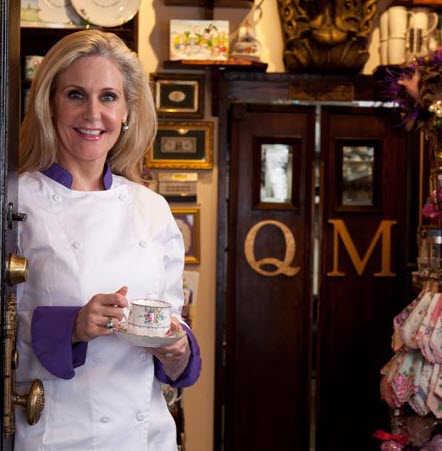
“In Seattle, we’re only allowed to seat at a 25% capacity. The Queen Mary Tea Room is located on a hill with no available space to do any outdoor dining. We’re so small it just really doesn’t make sense for us to open unless we are at full capacity. We’ve shut down our phones, our internet, stopped the garbage. Just about everything, it’s all we can do,” says owner Mary Greengo. Greengo has operated the tea landmark for 33 years.
Seattle’s Queen Mary Tea Room faces permanent closure, says Greengo. Last March she was forced to close the dining room, the staff of 30 has been trimmed and now, she says, she’s “out of options.”
“The Tea Emporium across the street from the restaurant has remained open. We’ve built a small deck and started serving cups of tea to go and crumpets,” she said. “We started a GoFundMe campaign to ward off a permanent closure of the Queen Mary Tea Room,” she says.
Donors far and near have contributed $30,000 to cover expenses. Greengo hopes to raise $20,000 more. “The clock is ticking,” she says.
Kenya’s Tea Earnings Surged in 2020
Kenya was handsomely rewarded for a bountiful 2020 crop that filled the global gap in black tea exports. The Kenya Tea Directorate reports more than $1 billion in sales, an increase of nearly three billion shillings compared to 2019. Lockdowns curtailed India’s harvest and logistics hampered black tea suppliers globally enabling Kenya to export 518 million kilos last year, up from 497 million kilos in 2019. Black tea production globally declined 2.5% in 2020 according to the Global Tea Digest which writes that the bulk of that decline was in India which was down 135 million kilos for the year.
Biz Insight – Pakistan previously favored Indian black tea but political tensions over Kashmir virtually halted trade. Pakistan purchased the largest quantity of Kenya’s tea followed by Egypt, and Russia. Indian tea sold to Dubai for re-export still finds its way to Pakistan in blends.
Daily Wage Increased 30% for Tea Workers in Assam
Last week garden workers in Assam received a 30% an increase from $2.30 to $3 per day. Union leaders representing garden workers say the INRs50 (70-cent) increase rupees is insufficient. Wages are an issue in the state elections this year. Congressional leader Rahul Gandi promised an increase to 365 rupees $5 per day if the ruling BJP party is re-elected. Separately the federal government announced a 10 billion rupee budget proposal to improve the welfare of workers.
Biz Insight – Tribal workers comprise 17% of Assam’s population – a deciding factor in 40 of the state Assembly’s 126 seats. The long overdue increase dates to 2017 when a wage advisory board recommended an increase to INRs 351 RUPEES per day. Tea is labor intensive with wages accounting for 65% of the cost of production. The domestic price of tea rose in 2020 giving growers additional leeway but many argue that the colonial-era plantation model is failing.
Link to share this post with your colleagues
Subscribe to the Tea Biz newsletter and view archive
https://teabiz.sounder.fm/episode/news-01212021
Subtext
Avoid the chaos of social media and start a conversation that matters. Subtext’s message-based platform lets you privately ask meaningful questions of the tea experts, academics and Tea Biz journalists reporting from the tea lands. You see their responses via SMS texts which are sent direct to your phone. Visit our website and subscribe to Subtext to instantly connect with the most connected people in tea.
Podcast Players
| ITunes | Spotify | iHeart Radio | Stitcher |
| Google Podcast | Amazon Podcasts | Tune In | Sounder |
Subscribe and receive Tea Biz weekly in your inbox.


